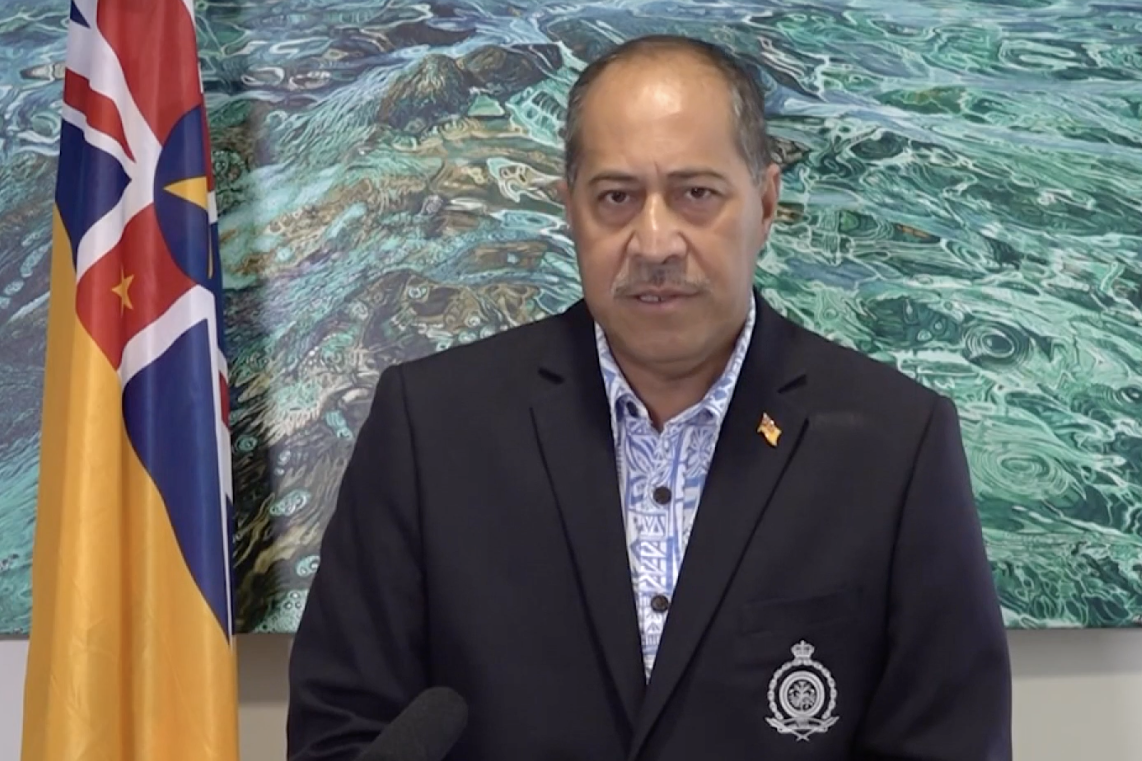Niue celebrated 50 years of self-government on Saturday, with Britain’s King Charles issuing a congratulatory video, but the Pacific Island state is excluded from this week’s Commonwealth leaders meeting, and its prime minister wants change.
Known informally as the Rock of Polynesia, Niue was settled by Samoans in 900AD and has a population of around 1,500.
Yet as Samoa hosts the 75th Commonwealth Heads of Government Meeting, where leaders and officials from 56 countries with roots in Britain’s empire are gathering in the Pacific for the first time, Niue was not invited.
“There is no use being Commonwealth family, yet we can’t attend these meetings. It’s a bit weird,” said Prime Minister Dalton Tagelagi in an interview. “We have put through questions on how to become a member.”
The remote island, 635 km (400 miles) south of Samoa, was sighted in 1774 by British explorer James Cook, who was refused permission to land by locals.
Cook named it Savage Island, and Niue became a British Protectorate 126 years later.
Annexed to New Zealand in 1901, Niue achieved self-governing status in 1974. It is in “free association” with New Zealand, which provides economic assistance, and foreign affairs and defence assistance if requested.
The United States last year recognised Niue as a sovereign, independent state.
Within the Commonwealth, it is regarded as a realm of New Zealand, said Tagelagi.
New Zealand’s foreign ministry said eligibility for membership was a matter for the Commonwealth Secretariat.
“We have an understanding with the government that Niue is already in the Commonwealth family,” a Commonwealth spokesperson said in an email statement to Reuters.
Niueans want to “shape their own destiny” while maintaining a steadfast partnership with New Zealand, Tagelagi said.
It was important to also form other diplomatic ties, he said, pointing to Niue’s partnerships with 28 countries.
As a member of the Pacific Islands Forum, for example, Niue has a voice on regional issues, where security tensions are rising.
Niue was not informed by China of its test-firing of an intercontinental ballistic missile into the Pacific Ocean last month, which Tagelagi said was “unfortunate”.
The missile travelled over 11,000 km (6,800 miles), reviving Pacific memories of nuclear testing by colonial powers including Britain and France decades earlier.
“We can’t just ignore this. Is this a one off? What is the plan? That is what is to be really understood or clarified by China,” he said.














